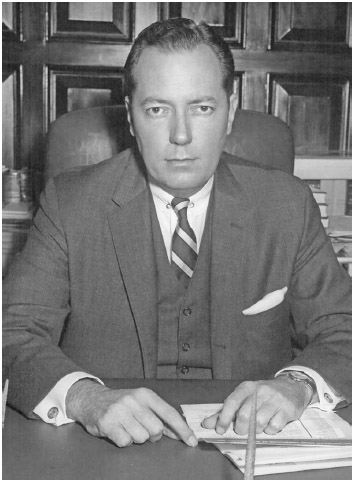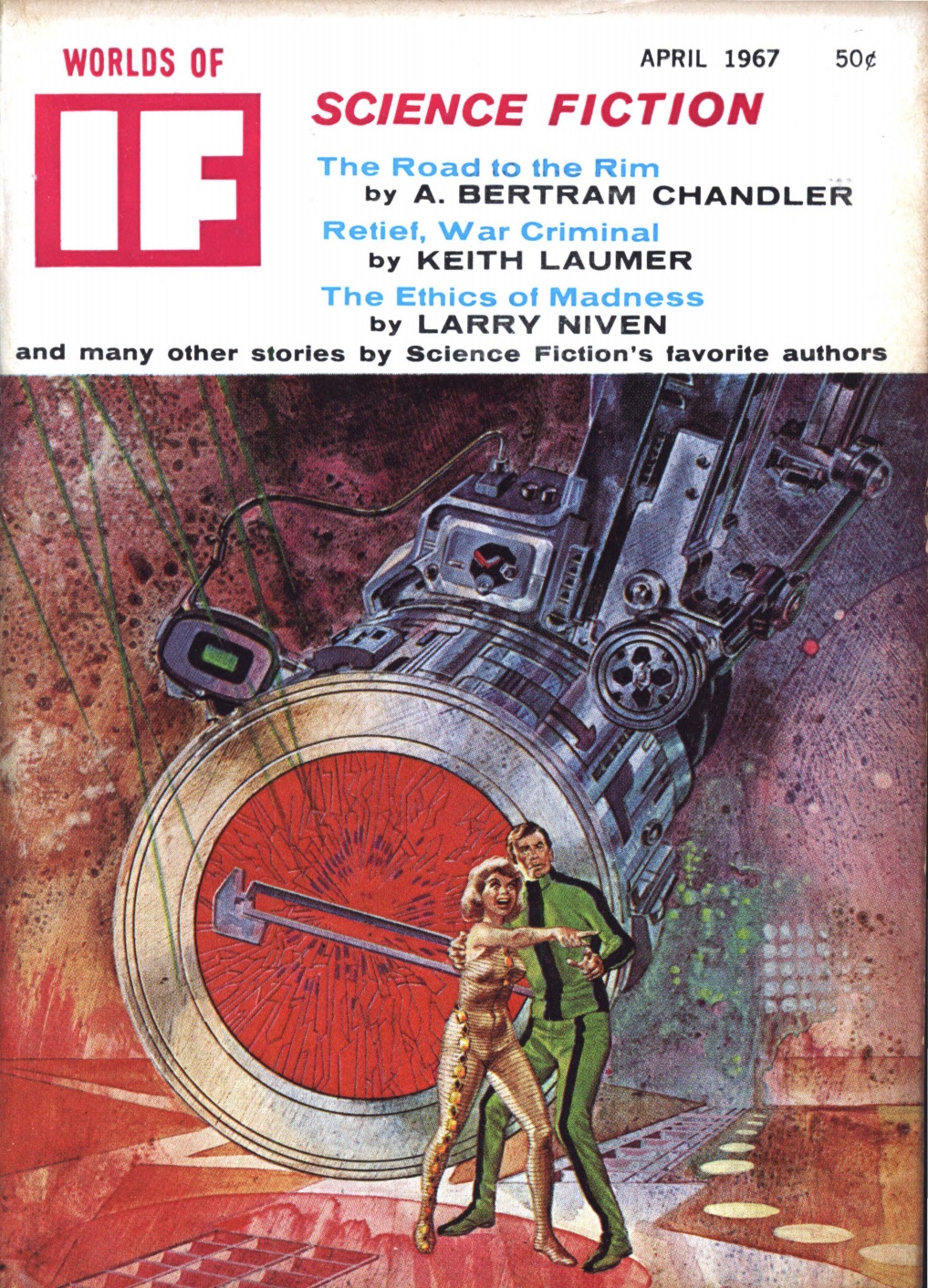
by David Levinson
A fumbled hand-off
Americans are taught that the true importance of the inauguration of Thomas Jefferson in 1801 is that this was the first peaceful transfer of power between rival politcal parties in history. Whether or not that’s the case, such a transfer is seen in the modern era as an indicator of a successful democracy. Apart from in the white colonial governments in Rhodesia and South Africa, this has yet to occur in sub-Saharan Africa, but for a brief moment it looked as though it was going to happen.
On March 17th in Sierra Leone, the ruling Sierra Leone People’s Party lost a close election to the All People’s Congress under Siaka Stevens. Four days later, Governor-General Henry Josiah Lightfoot Boston swore Stevens in as the country’s new Prime Minister. Later the same day, Brigadier David Lansana staged a coup, ordering the arrest of Stevens and Boston and declaring martial law. In the wee hours of the 23rd, a counter-coup arrested Lansana and announced that the country would now be ruled by an eight-man National Reformation Council. Initially, they said that the new head of state would be Lt. Colonel Ambrose Genda, who was part of the Sierra Leonean mission to the U. N. He was quite surprised by the news, but as he boarded a plane in London on the 27th, it was announced that the head of the council would be Lt. Colonel Andrew Juxon-Smith, who was on the same flight. Had Stevens taken power and ruled within the constitution, Sierra Leone could have been an example to the rest of post-colonial Africa. Alas, it was not to be.

Siaka Stevens (top left), Governor-General Henry Josiah Lightfoot Boston (top right), Brigadier David Lansana (bottom left), Lt. Colonel Andrew Juxon-Smith (bottom right)
Steady state
There's not much variation in the quality of the stories in this month’s IF. It's more of a smooth plane with one small ding in it. That's not necessarily a bad thing, but neither is it really good.
 What are these robots up to? Art by Gaughan
What are these robots up to? Art by Gaughan

![[April 4, 1967] Transitions (May 1967 <i>IF</i>)](https://galacticjourney.org/wp-content/uploads/2022/03/IF-Cover-1967-05-672x372.jpg)
![[March 4, 1967] Mediocrities (April 1967 <i>IF</i>)](https://galacticjourney.org/wp-content/uploads/2022/02/IF-Cover-1967-03-672x372.jpg)

